Host • Avrio, LLC | |
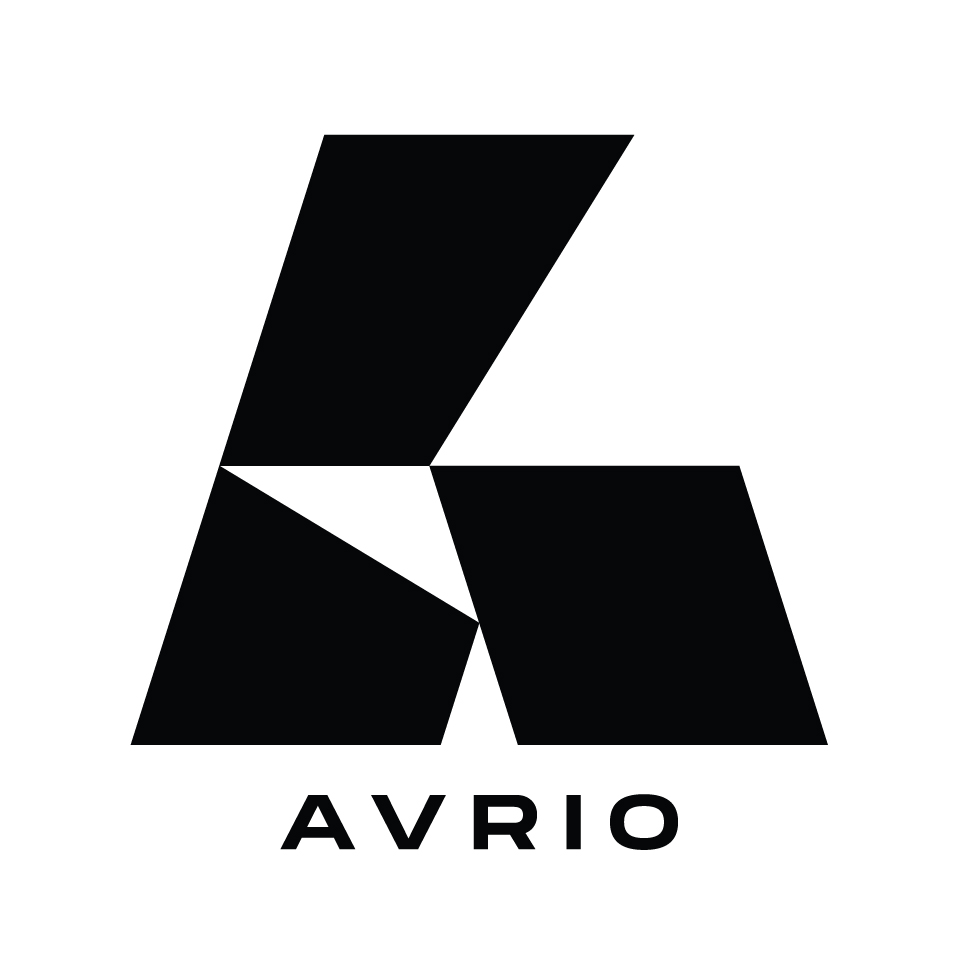 | Project Title – Creating a Sustainable Footwear Brand One Step at a TimeAVRIO is a digital footwear brand built upon Sustainability Education through the pillars of Collaboration, Eco-Innovation, and Transparency. AVRIO designs and manufactures shoes, with plans to expand into garments, and other eco-related products by incorporating bio- and recycled materials that are engineered for clean construction and deconstruction. By maximizing the ability to re-use all components of what we produce, AVRIO closes the product life-cycle loop by being accountable for all life-cycle stages: from the first stitch to the last step. AVRIO was founded on the belief that the waste of one product is an opportunity for another. With this belief, AVRIO looks to inspire others to take part in improving our future by demanding better products and processes that promote a cleaner environment and stronger community. The focus for the AVRIO practicum will include Brand Marketing and Development around the themes in which the brand was built. UVM’s Sustainable Innovation MBA students will be tasked with educating consumers through Brand Marketing tactics about sustainability in fashion to Make Tomorrow Beautiful. |
OWN VENTURE • BanQu | |
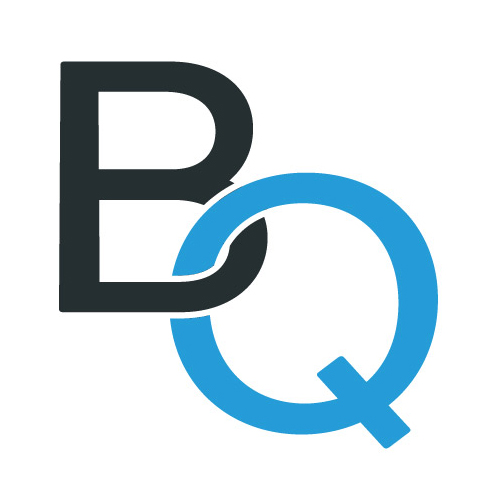 | Project Title – Empowering Women-Owned SMEs at the BoP Through Direct Funding/CreditWith today’s trends in consumerism responsible sourcing is set to become a necessary safeguard for all producers. BanQu is a supply-chain software company that utilizes non-crypto blockchain technology as a track and trace device to service their partners. The BanQu platform enables firms to behave transparently through an immutable ledger. Additionally, the status and location of orders placed are secure and accessible. There are roughly 1.7 billion adults without bank accounts in the world. Bank accounts open up a route to loans that help those impoverished. Many members of the supply-chain lack access to basic economic services despite playing a significant role in many large scale operations, for many multinational organizations, because they lack a financial history. BanQu is a for-profit for-purpose company that seeks to be a wedge to stop the poverty cycle. It’s track and trace capabilities that benefit large firms simultaneously help small and medium enterprises, such as a barley farmer in Uganda, establish a monetary history. Founder Ashish Gadnis was inspired to create BanQu after witnessing financial exclusion while working with USAID in the Democratic Republic of the Congo. The mama farmer he was helping to open up a bank account was denied because she couldn’t establish a credit history. However, the banker turned to Ashish and said “I’ll bank you,” because Ashish could produce confirmation (like a phone bill). Recognizing the critical role many assumed nonbankable people play in the supply chain Ashish set out to link them with the economic legitimacy of firms downstream, all through SMS texts. In doing so, BanQu became a lens into first-mile, last-mile economies that ensures honesty and accountability for larger producers and inclusion for previously disregarded members of the supply chain. The purpose of this project is to assist BanQu in positioning itself to multilateral development banks as an ally in their mission to benefit the underserved and as an alternative to predatory microfinance institutions. In line with multiple of the United Nations’ Sustainable Development Goals, specifically gender equality, BanQu can serve as a ledger to prove one’s economic legitimacy. |
FELLOWSHIP • Ben & Jerry’s | |
 | Project Title – Integrating Offsets for Historic Greenhouse Gas Emissions and ReparationsThis practicum project explores integrating the concepts of carbon offsets for Ben & Jerry’s historic greenhouse gas emissions and environmental justice through the lens of reparations for slavery in the United States. Ben & Jerry’s currently has an established climate program in place to address their forward-looking greenhouse gas impact that focuses on their own supply chain, but they also want to take responsibility for their historic emissions. Students will measure Ben & Jerry’s historic greenhouse gas emissions from founding in 1978 through 2014 and explore how to offset this environmental impact. Unlike traditional carbon offset programs, the team will seek out investment projects that center on social and environmental justice benefits, with a primary focus on Black American communities. Students will research opportunities for carbon offsetting that overlap with strategic considerations such as communities disproportionately impacted by climate change as well as the availability of localized support via third party organizations and incentive programs. The goal is to develop a proposal which highlights areas of opportunity for Ben & Jerry’s which can be used to scale-up and establish a long-term program within communities to systematically address historic climate impacts and commit to a greener future steeped in justice. |
HOST • Burton Snowboards | |
 | Project Title – Environmental and Social Performance BenchmarkingAt Burton Snowboards, sustainability is an integral part of the company's purpose and defining principles - to fight for the future of our sport, people, and planet. Out of this sense of responsibility, Burton strives to respect and fight for the natural world around us, build equitable and healthy communities, and break down barriers to our sport and the outdoors. As Burton wraps up reporting on its 2020 Sustainability Goals, the company is interested in exploring new ways to engage with customers and highlight progress, while differentiating the brand in a crowded, competitive market. SI-MBA students will analyze Burton’s competitive standing as it relates to sustainability goals and claims. More specifically, they will research competitors in the outdoor industry, conduct competitive landscape mapping for hardgoods and softgoods, and develop an internal competitor benchmarking tool to be used by various departments that will measure performance. Additionally, they will provide recommendations to attract new customers and increase brand loyalty, through sustainable competitive differentiation. Through industry and competitor analysis, students will use data, research, and tool development to provide recommendations for building brand affinity and to support internal decision-making. |
HOST • Citi Ventures Studio | |
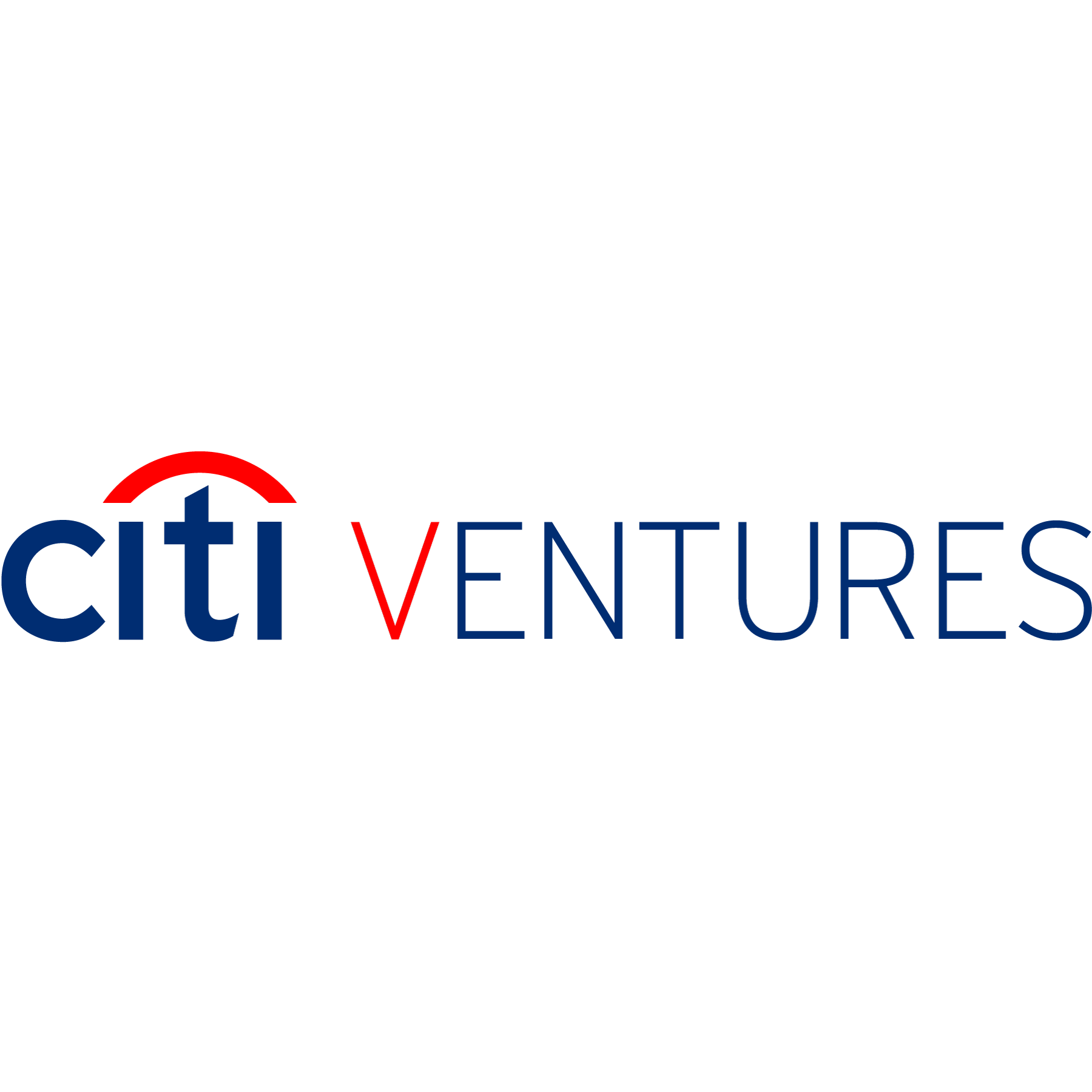 | Project Title – Sustainability and BankingCiti Ventures is the strategic investment and innovation arm of Citigroup, including Citi Venture Studio whose focus is developing digital products and solutions to address key macro trends around the world. As sustainability is increasingly important across all levels of corporate decision making, there is an opportunity for banking institutions to take a leadership role in this arena given their scale, reach, and financial resources. The SI-MBA team will work with the Studio strategy and partnerships team as well as Citibank's sustainability professionals to develop Citi's next iteration of innovative sustainability related solutions. As a leading global bank, Citigroup has thousands of corporate and institutional clients each with different views of sustainability. The scale of Citigroup’s client base and Studio’s product development capabilities gives Citi Venture Studio an opportunity to re-imagine how financial services address sustainability related issues. This Practicum Project will focus on the following:
|
HOST • Dalberg | |
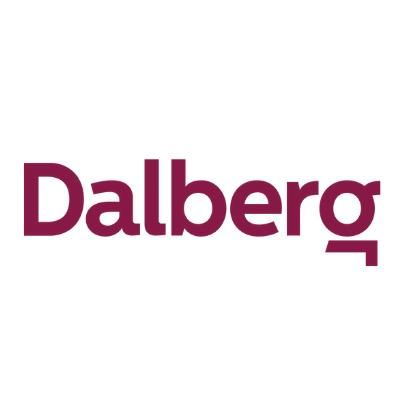 | Project Title – Defining Africa’s Carbon Offset MarketDalberg is a global group of changemakers working towards a more inclusive and sustainable world where all people, everywhere, can reach their fullest potential. Dalberg partners with and serves communities, governments, and companies providing an innovative mix of services – advisory, investment, research, analytics, media, and design – to create impact at scale. Dalberg provides high-level strategic, policy and investment advice to the leadership of key institutions, corporations and governments, working collaboratively to address pressing global problems and generate positive social impact. This practicum will focus on defining Africa’s carbon offset market potential and opportunities to expand the supply of, and demand for, African carbon credits. The team will begin by conducting a gap analysis of sub-Saharan Africa, mapping carbon markets through research and sizing the potential supply and demand pipeline for carbon offsets. The team will also identify market entry barriers for new carbon credit suppliers. In order to understand how Dalberg can support these initiatives, the team will investigate how carbon markets can sustain green livelihoods while also reducing carbon emissions in African markets. |
HOST • Darn Tough Vermont | |
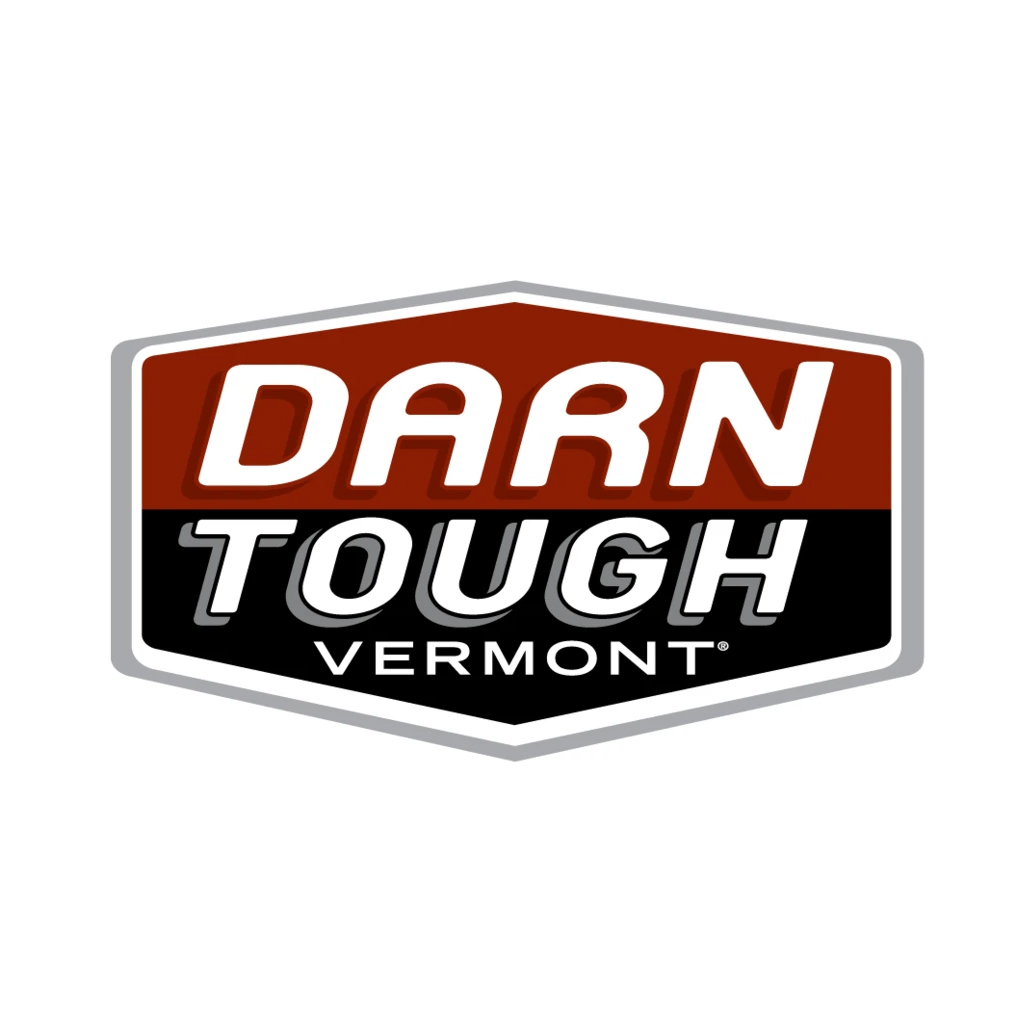 | Project Title – Circular Product Development from Post-Industrial & Post-Consumer Textile WasteDarn Tough Vermont (DTV) is a premium sock manufacturer based in Northfield, VT. While Darn Tough socks are sold globally, DTV has been a pillar of its local community since its inception. This project focuses on the exploration and concept development of a product made from post-industrial and post-consumer textile waste. Additionally, it incorporates the creation of a socially-driven operational plan that increases prosperity for DTV’s extended community. DTV currently downcycles its textile waste into acoustic fill, seat cushions, and other products because their fiber mix is not conducive to separation with today’s manufacturing and recycling technologies. To improve the company’s circularity, UVM’s Sustainable Innovation MBA practicum team is investigating a series of alternative product lines created from the textile waste that would be sold exclusively through DTV’s online storefront. The final business plan will highlight the opportunity to address a large, adjacent market with a circular product that preserves margin on raw materials, eliminates downcycling, does not result in incremental greenhouse gas emissions, and fulfills the company’s social sustainability goals. |
HOST • Fresh Tracks Capital & SunCommon, Inc. | |
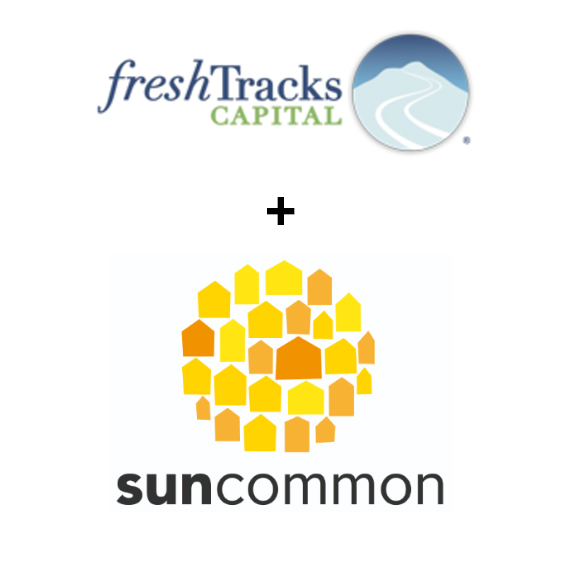 | Project Title – Reimagining and Reinventing Vermont Benefit Corporation Statutes and Annual ReportsBenefit corporations are designed to take the traditional adage of shareholder primacy and turn it on its head, focusing instead on a global economy that uses business to pursue positive impacts for society and the environment in addition to profit. Vermont was one of the first states to adopt the benefit corporation structure, but the governing statutes have not been updated in over a decade. These regulations should be updated to reflect the changing needs of society and the current state of ESG and impact investing. By working in conjunction with FreshTracks Capital and SunCommon, our practicum team will focus on revitalizing the current Vermont Public Benefit Corporation Statutes and improving the reporting practices in order to allow for better assessments of and investments in benefit corporations. These changes will aid businesses in their quest to redefine business success through the development of a more inclusive and sustainable economy. Our team will particularly focus on the annual impact reports that benefit corporations are expected to file, with an eye towards compliance, scope of reporting, framework, and methodology. Limited structure and guidance on how these reports should be produced and distributed has resulted in uneven utilization and value for the business, its consumers, investors, and beneficiaries. We will examine Benefit Corporation statutes in other states, along with other prosocial business structures like the B Labs’ certification, in order to develop suggestions for succinct, meaningful reporting standards and best practices. Using the standards we develop, we will assist SunCommon in preparing a report that provides greater value to the company’s stakeholders. This practicum project is hosted by FreshTracks Capital and SunCommon. FreshTracks is an early-stage Venture Fund focused on building exceptional businesses in Vermont and supporting adjacent organizations. SunCommon, one of FreshTracks’ portfolio companies, is a public benefit corporation and leading solar energy provider whose mission is to make renewable energy simple and affordable. Because of FreshTracks’ influence on business innovation across the state and reliance on these benefit reports to aid their due diligence process, they are in an excellent position to improve the statutes that govern Vermont benefit corporations, as well as the reports we rely on to assess their progress. |
HOST • Full Circle Microbes, Inc. | |
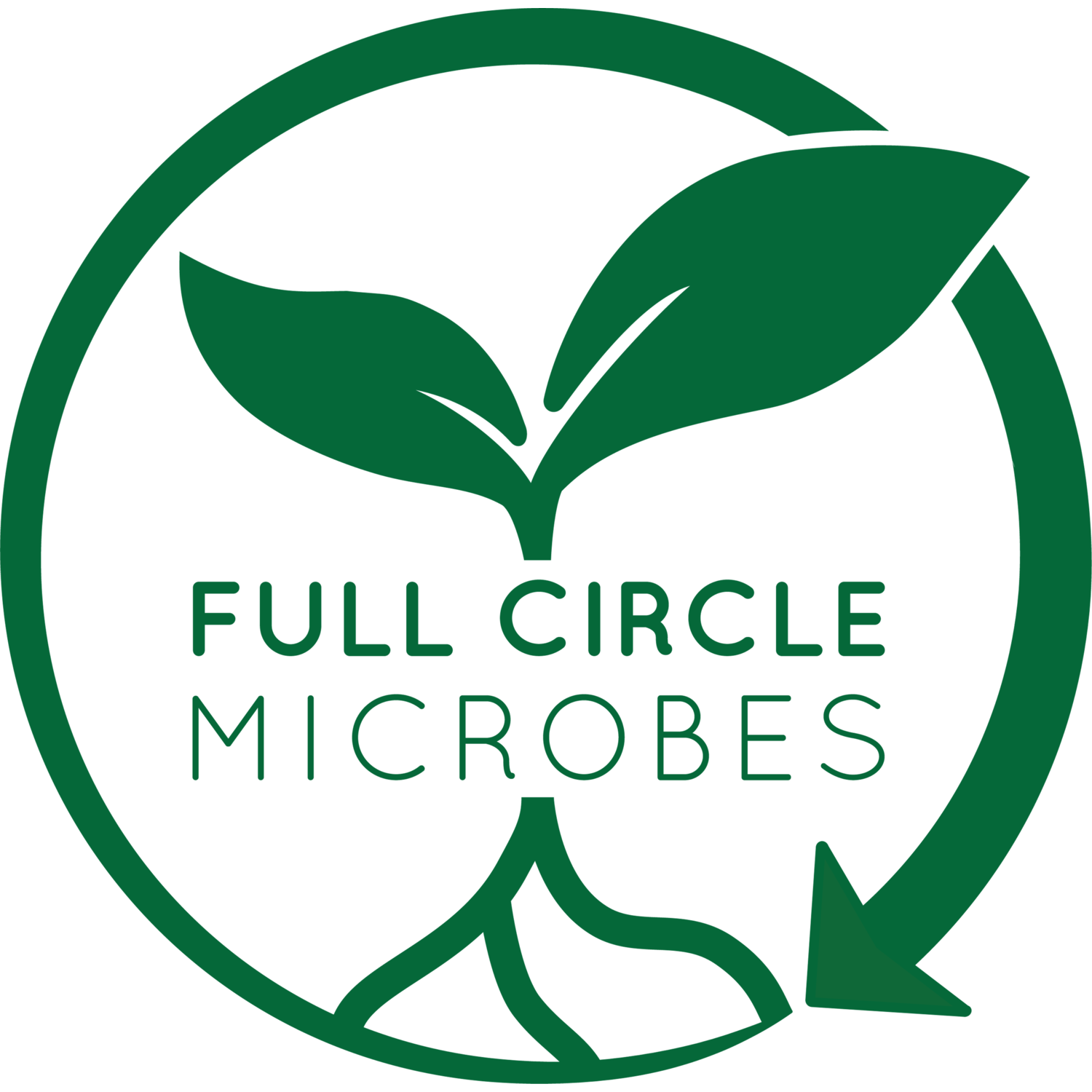 | Project Title – Environmental Policy Impact Analysis & MonetizationFull Circle Microbes’ mission is to transform organic waste that harms our planet into sustainable fertilizer that helps it. Global agriculture consumes $376B in fertilizer while treating leftover biomass as waste and generating 24% of global GHG emissions. Full Circle’s microbial inoculants solve these problems through fast and easy on farm recycling of plant biomass, as well as the direct application of microbes to help plants at various stages of their lifecycle. They are focused on the burgeoning hemp and cannabis sector as their beachhead market, seeing an opportunity to incorporate environmentalism with practical business benefits into the foundation of a rapidly growing new segment of agriculture. This practicum project focuses on research and analysis of potential monetization opportunities for Full Circle Microbes and its clients related to environmental impact of its products. Areas of opportunity include alignment with current and pending state, local, and federal policies that provide opportunities for farmers including grants related to land use, soil management, and carbon sequestration. Other monetization opportunities include private sector engagements including partnerships related to impact analysis, farmer networks, and private carbon markets. |
HOST • Glavel | |
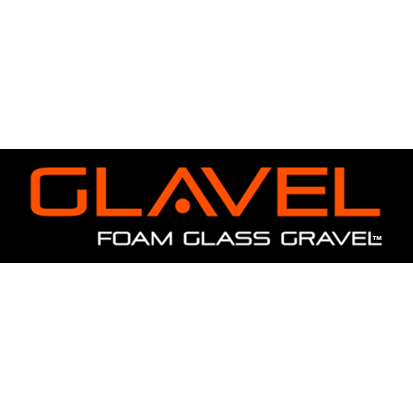 | Project Title – Defining the Value Proposition for a Unique Green Building MaterialGLAVEL produces a foam glass aggregate intended to take over the construction industry as a recycled, carbon neutral substitute for traditional building insulation. It is safer for the consumer and the environment and will strengthen a circular economy for recycled glass. This technology is well proven in Europe but GLAVEL intends to bring the technology into the North American markets. Domestic production of foam glass gravel is slated to begin at a Vermont facility in June 2021, and will be fully powered by renewable energy, making GLAVEL foam glass one of the lowest embodied carbon products available. Foam glass gravel outperforms traditional installation methods in terms of embodied carbon, cost, supply chain simplicity, and overall environmental friendliness. The students working on this project will be applying principles of sustainable business strategy to take a “bird’s eye view” of GLAVEL’s trajectory. They will focus their mutual interest in Diversity, Equity, and Inclusion practices and green design innovation to expand what “value” can mean as GLAVEL strengthens its sustainable value proposition. This practicum will focus on design thinking in the green building industry and creating go-to market strategies for GLAVEL’s expanding product line. They will be exploring how Equity philosophies and frameworks can make GLAVEL a national leader in the construction industry through research on potential cross-sector collaboration, Social Determinants of Health and the effects of green buildings on individuals and communities. |
HOST • Morningstar | |
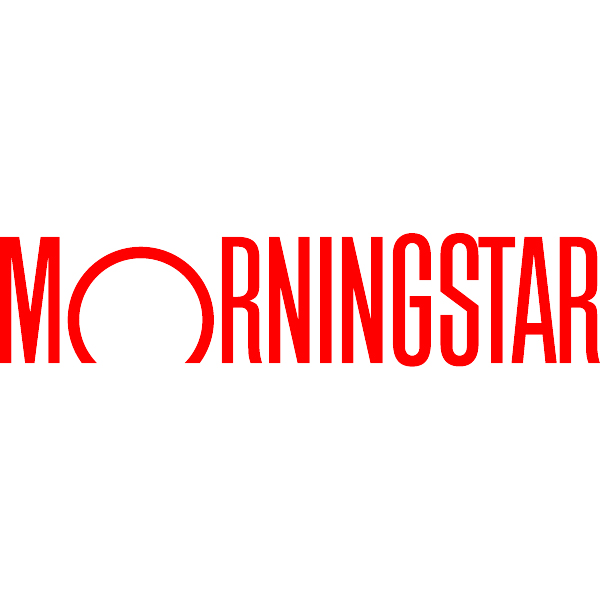 | Project Title – ESG Commitment LevelMorningstar has been an independent voice for investors since 1984. Their manager research team has developed a multitude of tools to give investors access to the space and empower them in making investment decisions. These include the Morningstar (star) rating, the Sustainability (globe) rating, the Style Box, the Analyst rating, and now the ESG Commitment Level. The ESG Commitment Level is designed to provide investors a forward-looking understanding of the role ESG plays in a fund or at an asset manager. This practicum will aid in revising, expanding, and improving upon the ESG Commitment Level methodology as it is rolled out across the fund universe. The team will design and lead training for those analysts that are newer to the ESG investing space, seek opportunities to measure the efficacy of these assessments, and provide recommendations to bring greater transparency to the sustainable fund landscape for investors everywhere. |
HOST • Morris Recruiting & Consulting | |
 | Project Title – Tri-Circle Engagement Methodology: Embedding Positive Employee Engagement within Social Responsible BusinessesMorris Recruiting & Consulting is a female-owned and operated B-Corporation that is a member of 1% for the Planet and Vermont Businesses for Social Responsibility. The firm specializes in career development for sustainable business leaders, and has recently created its newest venture, Tri-Circle Engagement Methodology (TCEM). TCEM is an interactive framework, offered as a 6-month program for responsible businesses, which will empower enterprises to reduce workforce turnover with increased employee engagement and empowerment. By leveraging internal career development, fostering growth, and harnessing intrapreneurial strengths in the workplace, companies benefit from higher levels of engagement and productivity from employees. Organizations with strong employee commitment commonly achieve a stronger competitive advantage in the market, attain greater sustainable growth across human capital, increase profitability by decreasing HR overhead, and promote and enhance innovation. The SI-MBA team will get hands-on experience in a start-up environment, developing a broad range of skills in their toolkit as they work on the new venture launch and execution. The project will include customer and marketing research, financial modeling of pricing and budgets, and creating measurement techniques to track the progress and success of the program. They will also be offered the unique opportunity to curate the 6 TCEM core programs. |
HOST • Rainforest Alliance | |
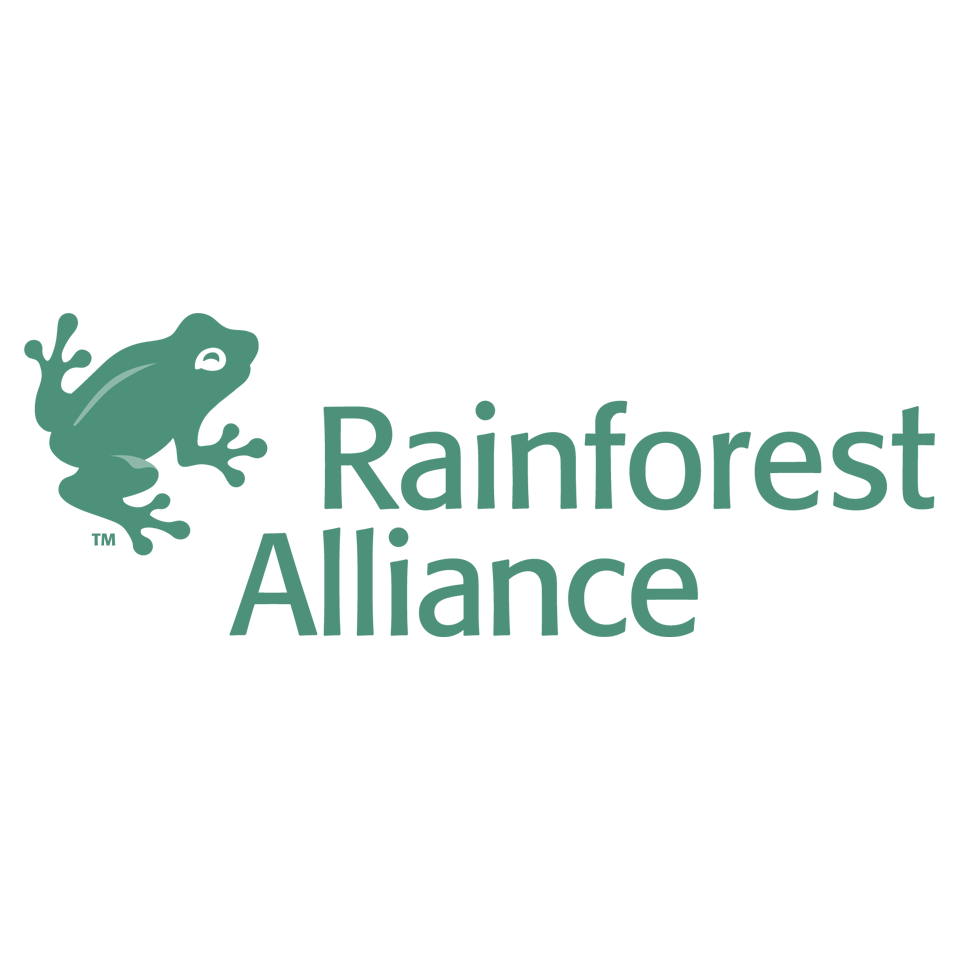 | Project Title – Defining New ESG Frameworks for Responsible Tea and Palm Oil Commodity SourcingThe Rainforest Alliance (RA) is an international non-profit organization working in more than 60 countries at the intersection of business, agriculture, and forests. RA was a pioneer in establishing the value chain transformation approach to sustainable forestry and agriculture and has helped companies around the world in establishing credible sustainable sourcing policies and practical management frameworks to ultimately create lasting impact on the ground. This practicum will focus on further refining the Rainforest Alliance Corporate Advisory approach with brands. The team will focus on several areas of interest including emerging ESG regulatory frameworks globally, supply chain technologies and datasets relevant to responsible sourcing implementation, as well as more detailed analysis on commodity sourcing scenarios relevant to advisory partners. The students will be encouraged to think creatively and introduce novel methodologies that incorporate the latest insights in responsible sourcing strategy and ESG analysis. |
HOST • Resonance | |
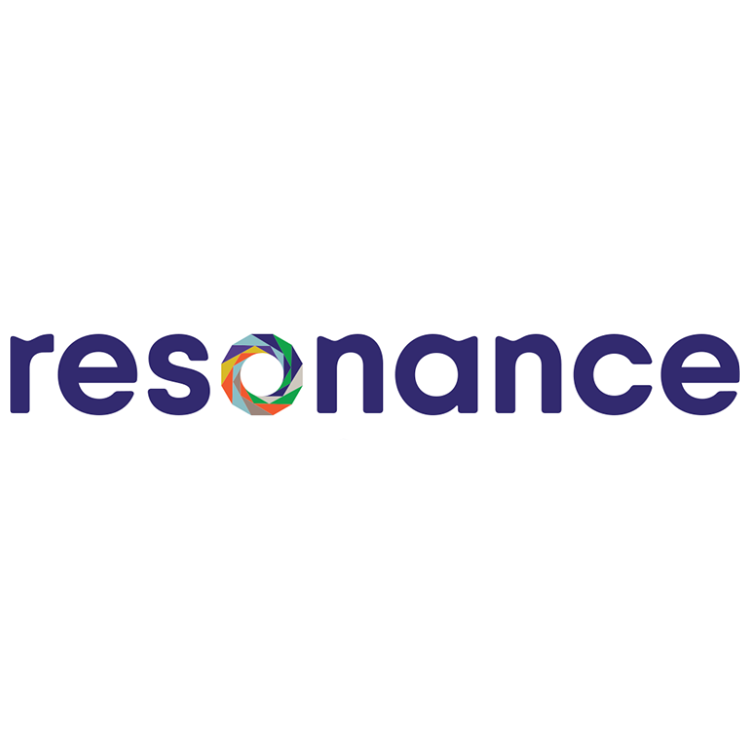 | Project Title – The Resonance University - Strategy and Start-UpResonance is a Vermont-based global consulting firm that deploys innovation, partnerships, and market-led solutions to catalyze meaningful development impact and create private sector opportunity. As Resonance grows, knowledge management — the practice of organizing case studies, methodologies, trainings, and past work — is increasingly challenging. The innovation team at Resonance is starting to look at ways to both distill and make available internal knowledge, as well as train staff for a more standardized understanding of business, development, and specific topics across all departments. The SI-MBA student team will review and refine Resonance’s content into relevant themes for a Resonance University. They will undergo a gap analysis of what Resonance currently has and what they would need to develop for a minimum viable product. This internal upgrade would increase interdepartmental communications and access to information which will increase efficiency and productivity of work. As Resonance expands their internal access to knowledge, they also want to examine the feasibility of polishing these resources and making them available externally. Therefore, the SI-MBA team will examine these internal upgrades to create a long-term strategy for a Resonance University, with potential development as an external resource. A gap analysis within the competitive landscape will determine what would be needed to develop a minimum viable product. Once this is done, the SI-MBA team will look to create an overall strategy for Resonance University, incorporating short and long-term goals, as well as internal and external tools. |
HOST • Trane Technologies | |
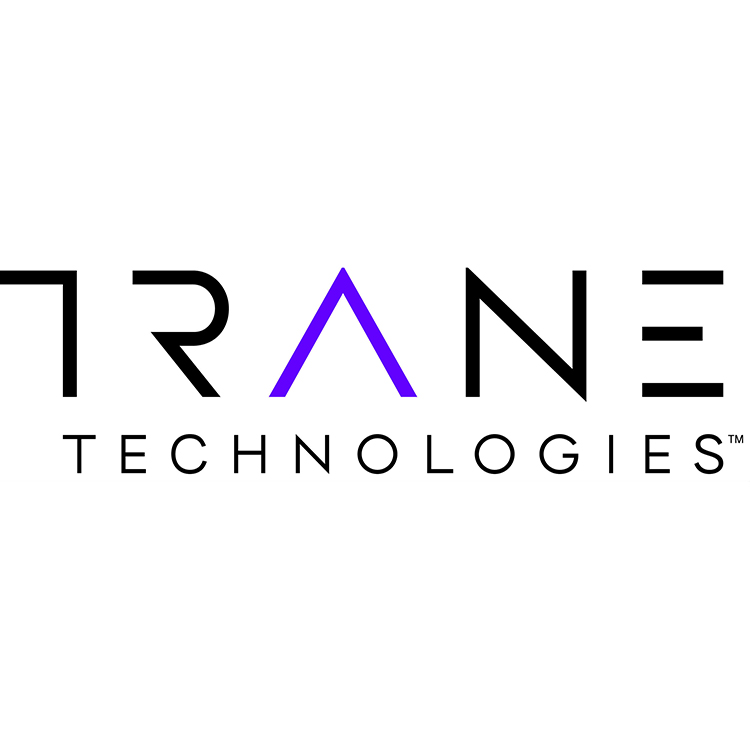 | Project Title – Strategic Electrification AssessmentTrane Technologies is a global climate innovator that specializes in sustainable climate solutions for homes, buildings and refrigerated transport. The firm manages a robust strategic brand portfolio, which includes Trane and Thermo King. Trane Technologies has pledged a series of comprehensive 2030 commitments in alignment with their core strategy, which boldly challenge what is possible for a sustainable world. The Sustainable Innovation MBA students will analyze the current electrification of heating processes and modern energy efficiency techniques to create insightful predictions pertaining to the relevant market forces impacting the company’s future triple-bottom-line. Participants will leverage their “outside-in” perspective to identify cutting-edge opportunities with the potential to alleviate the strain on the electrical grid. The final report will deliver actionable strategic positioning recommendations designed to provide leadership with prospective opportunities for ingenuity and sustainable design. |
